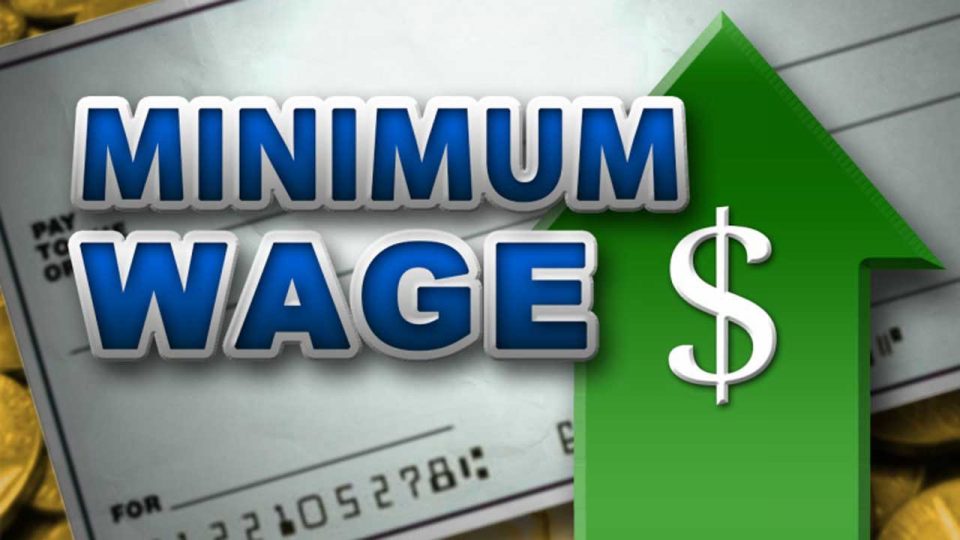
Eight months after President Bola Tinubu signed the landmark N70,000 minimum wage bill into law, twenty state governments have failed to implement the new wage structure for local government employees and primary school teachers, leaving thousands of workers struggling with stagnant salaries amid rising inflation.
The National Union of Local Government Employees (NULGE) reports that affected states include Yobe, Gombe, Zamfara, Kaduna, Imo, Ebonyi, Cross River, Borno, Abia, and the Federal Capital Territory, creating a growing disparity as compliant states like Lagos and Rivers have already begun payments.
The wage crisis has hit primary school teachers particularly hard, with many in fourteen states still waiting for the previous N30,000 minimum wage enacted five years ago. In Abuja, frustrated teachers have staged four strikes since December 2024, with their latest walkout disrupting end-of-term examinations.
While Kwara State implemented the increase in October 2024, workers saw little benefit as heavy tax deductions consumed most of the raise.
Implementation delays stem from multiple challenges including bureaucratic hurdles at the Central Bank, which has yet to establish systems for direct salary payments to local governments, and financial constraints cited by state officials. Teachers’ unions are now demanding immediate back payments, full implementation of the wage law, and a 40% special allowance for education workers.
With local government workers caught between federal mandates and state-level inaction, labor leaders warn of escalating strikes that could paralyze local services across affected regions.
The situation highlights growing tensions between different levels of government and raises questions about Nigeria’s ability to enforce national labor standards uniformly across all states. As living costs continue to rise, pressure mounts on lagging states to comply with the wage law or face increased labor unrest in coming months.








